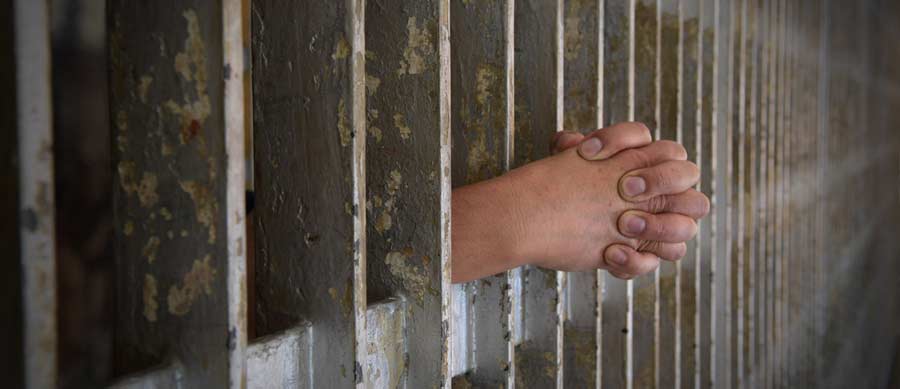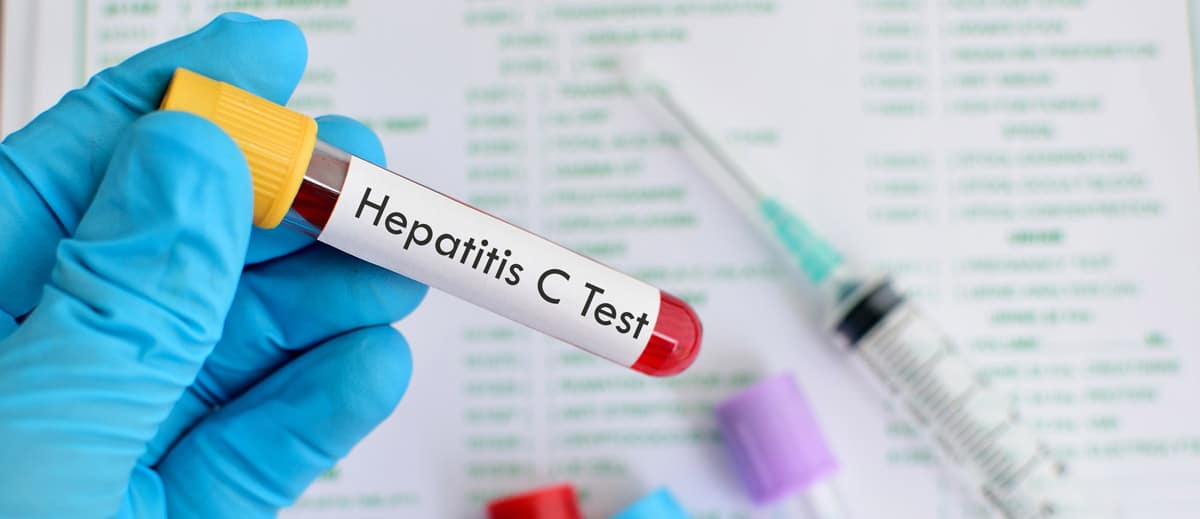Texas Governor Greg Abbott signed the Sandra Bland Act into law back in June and it went into effect on September 1, 2017. The law requires jailers to make an immediate determination on the mental health status of an inmate, and divert those who have a mental illness or substance abuse problem to a treatment […]
America’s Increase in Hepatitis C Linked to Opioid Crisis
A recent report from the Centers for Disease Control and Prevention (CDC) found that the number of Hepatitis C cases skyrocketed over a five-year period to an estimated 34,000 new hepatitis C cases in 2015, nearly tripling the number in 2010.1
The Importance of an Addiction Recovery Community
Positive social interaction is instrumental in maintaining abstinence from alcohol and drugs. In isolation, individuals are more susceptible to relapse, may experience worsened symptoms of depression, and are much more likely to quit rehab early. While there are many challenges associated with rebuilding your social life during and after treatment at a rehab center, it’s well worth the effort to do so.
Why Gender-Specific Treatment Works
According to the National Institute on Drug Abuse, women are just as likely as men to become addicted (and vice versa) but that doesn’t mean they experience addiction in the same way. Men and women use drugs differently, have unique responses to them and face different obstacles while in treatment.
Are You Enabling a Loved One’s Addiction?
When a loved one is struggling with addiction, everyone in the family suffers as well. There’s no escaping the effects of addiction, yet too many family members engage in behavior that allows the addict to avoid facing the consequences for his or her actions.
How to Get a Loved One Into Rehab
If your loved one is suffering from addiction, you’re likely wondering how to get someone into rehab.
What Is Trauma-Informed Care For Addiction?
Did you know nearly two-thirds of all individuals receiving treatment for drug abuse report being physically, sexually or emotionally abused as a child? While this statistic can’t be attributed as a singular cause for drug abuse, research shows that traumatic childhood experiences such as abuse, neglect, crime, or accidents can lead to addictive behaviors later in life.
5 Key Components of a Relapse Prevention Plan
A relapse can’t be contained to one single event. It is an ongoing process that is experienced by a person in recovery and marked by significant red flags or warning signs. These warning signs can cause a person to return to their drug or alcohol abuse. A relapse prevention plan is a great tool that can be used to recognize and manage the warning signs of relapse and sustain a healthy, sober lifestyle.
Do I Need Drug and Alcohol Rehab?
It can be very difficult to admit there is a substance abuse problem in our own lives or the lives of others close to us, but recognizing the problem is the first step to recovery. If you are concerned that you or someone you love may need professional addiction treatment, here are some important signs to look for, as well as more information on treatment options and how to get started.
How to Overcome Being a High-Functioning Alcoholic
Millions of Americans can drink socially without encountering too many negative consequences, other than the occasional hangover and acting like a fool on the rare occasions they imbibe too much. Some, however, consider drinking so much a part of their life that they automatically think of ordering a drink when in a social situation or unwinding after a day at work or school. While they haven’t crossed the line into full-scale alcohol addiction, they may be well on their way. They may, in fact, be high-functioning alcoholics.











